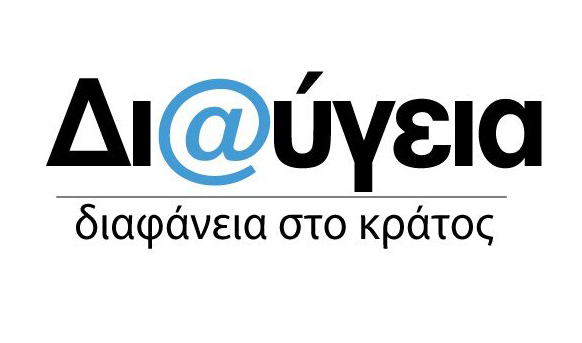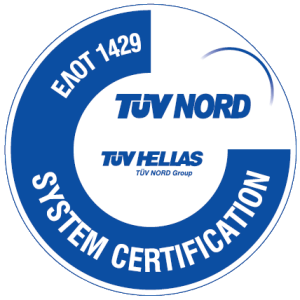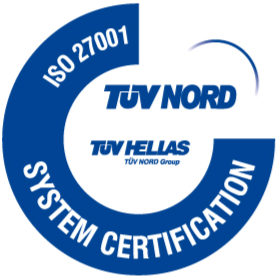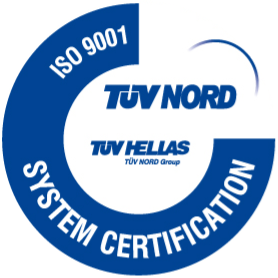Coastal cities are ever expanding hubs for transport and trade and global shipping is increasing the connectivity of coastal cities. The shipping and commercial ports operations are a source of pollution of the maritime environment, due to contamination caused by oil discharges, synthetic compounds, the introduction of non-native species via construction equipment, ballast water, cargoes and fouling, night-time lighting and noise pollution. Further, recent marine pollution events (e.g., Israeli coast polluted by Tar from un unknown marine source in February 2021, the coastal accident in Banias at Lebanon caused by a continuous spillage from a refinery plant) have spread their effects beyond the country’s boundaries, indicating that marine pollution hazards and incidents can have cross-border effects. However, the cross-border collaboration on performing risk assessments to jointly identify marine pollution risks with potential cross-border environmental effects, and develop tools to share data and information so as to effectively communicate these risks at cross-border levels, is still fragmented. To address such gaps, this EMMERA project brings together partners from Cyprus, Greece and Israel to share knowledge and expertise and develop a methodology that can support and develop cross-border risk assessments and an E-platform to cooperatively share information, process and analyse data on marine environmental incidents, and provide warnings for detecting marine pollution events. Such an approach is a novel proposal for the East Mediterranean region to establish joint action plans on identifying, assessing, and communicating marine pollution hazards.




